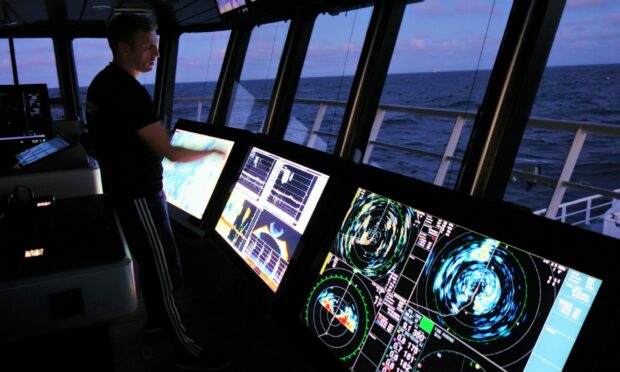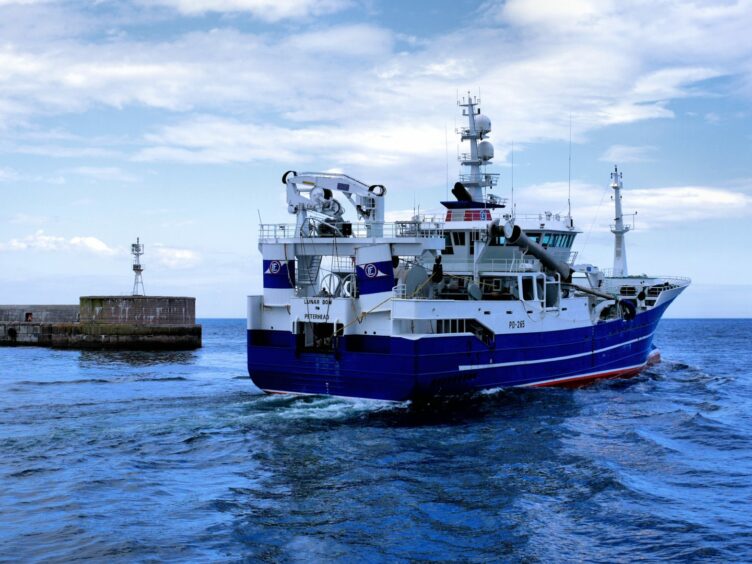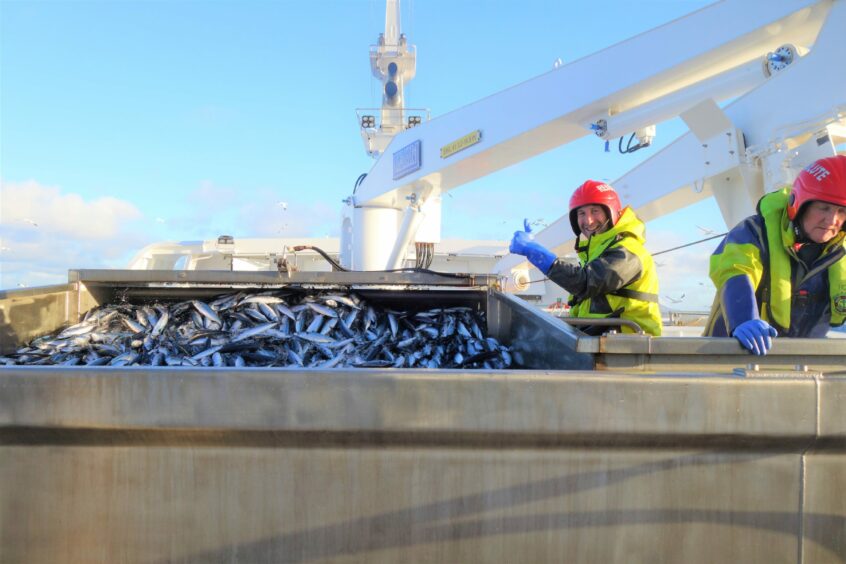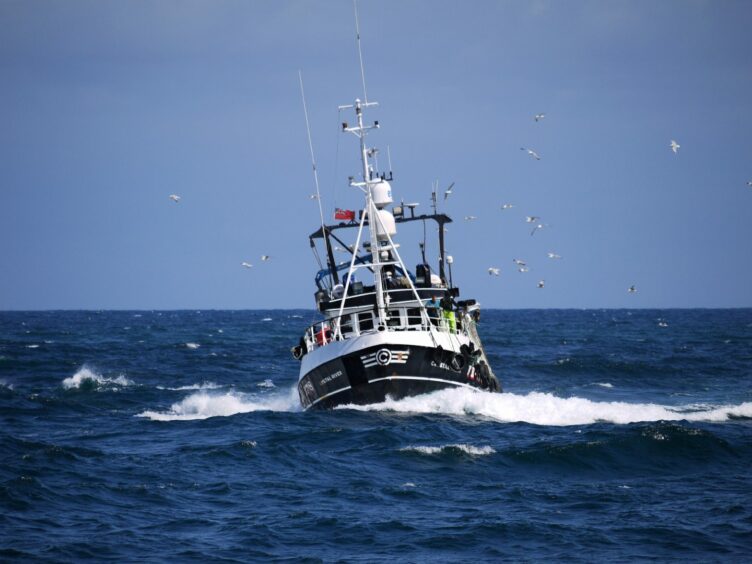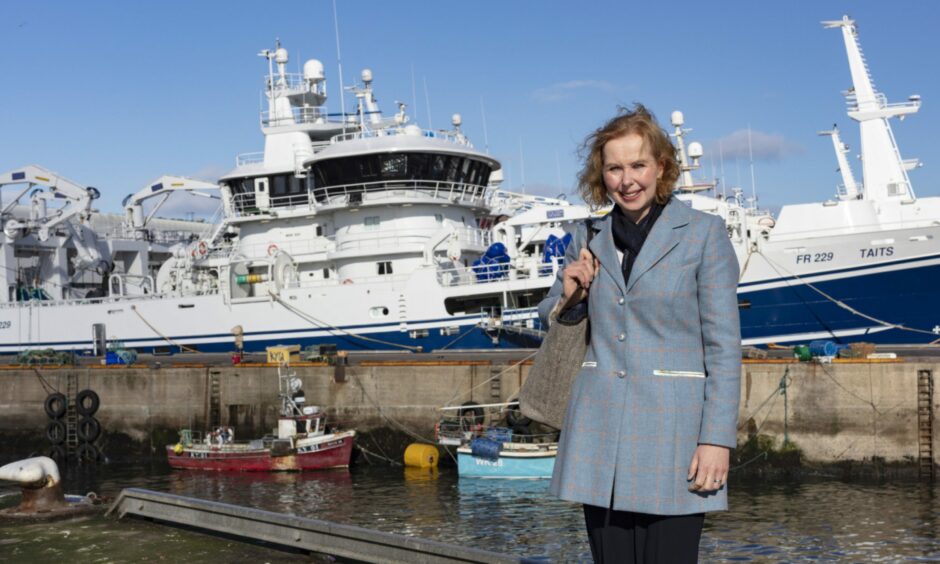Fishing chiefs say the Scottish Government has missed an ideal opportunity to deliver “a more agile and responsive system” for managing catch rules.
And they claim new proposals for the future management of the nation’s fisheries “seem more about making the EU’s failed landing obligation (discard ban) work better”.
Holyrood has launched consultations on measures it says will help to ensure sustainable fishing for future generations and make Scotland a world leader in managing stocks.
The proposals include:
- Additional technical and spatial management measures to reduce catches of unwanted fish and support the fishing industry to avoid bycatch of sensitive marine species such as seabirds, seals and dolphins.
- Simplifying rules around fish discards that were introduced under the EU Common Fisheries Policy (CFP).
- Introducing mandatory remote electronic monitoring (REM), which could include the use of cameras, sensors and GPS for “key parts” of the industry in order to make sure fishing activities are sustainable and lawful, while at the same time gathering data to allow for better decision-making.
According to the government, the consultations will help to “shape an environmentally and economically sustainable sector for future generations”.
Views are being sought on both a draft future catching policy and plans to roll out REM across the Scottish fleet.
The same rules would apply to vessels from elsewhere in the UK and overseas fishing in Scottish waters – “ensuring a level playing field for all”.
Since 2012 it has been a requirement for all EU and UK fishing vessels 12m (39ft) and over to be fitted with a vessel monitoring system (VMS) which transmits positional data to a satellite and then sends it to a national or international body that monitors vessels’ position, course, speed and other parameters.
Fishing boats may also have an AIS (automatic identification system) on board.
This transmits a ship’s identifier, course and speed to those around it as a safety measure to alert others to their presence and activity, and to avoid collision.
The government’s REM consultation document highlights the emergence of a variety of electronic technologies, over the past decade, which would “support more comprehensive fisheries-dependent data collection”
It says the benefits of REM, first trialled in Scotland in 2008, can be “significant”.
But introducing new technology will come at a cost and it not yet clear who will pay.
The document says: “Different parts of the fishing fleet will have different financial capabilities, and the affordability of REM systems will vary from vessel to vessel and business to business.
“It may be appropriate in some cases for public funding to be provided to support the upfront purchase cost.”
Launching the consultations, which run until June 7, rural affairs secretary Mairi Gougeon said: “Fishers and their businesses make a significant contribution to the economic and cultural fabric of our coastal communities.
“Now, more than ever, the spotlight is on the twin crises of climate change and biodiversity loss, which require urgent action in order to deliver change on a significant and long-lasting scale.
“I would urge stakeholders to get involved in these consultations and play a part in securing a sustainable marine environment for future generations.”
The aim is to have the legislation in place by the end of 2022.
Scottish Fishermen’s Federation chief executive Elspeth Macdonald said: “These are detailed documents, which we will be studying closely during the consultation period.
“Leaving the EU allows us to move away from the CFP rules, but the future catching policy consultation looks like a missed opportunity.
“The proposals set out seem more about making the EU’s failed landing obligation work better, rather than designing a new approach to addressing discarding.”
Ms Macdonald added: “The proposals do move us away from the EU’s fatally flawed one-size-fits-all approach, but miss the opportunity to co-design a more agile and responsive system that helps us address the discrepancies between fisheries science with all its uncertainties and what fishermen actually see on our fishing grounds.”
Steve Trent, chief executive of campaign group the Environmental Justice Foundation welcomed a Scottish commitment to the EU’s ban on fish discards, adding: “The use of monitoring on board vessels will be vital in combatting this practice.”
